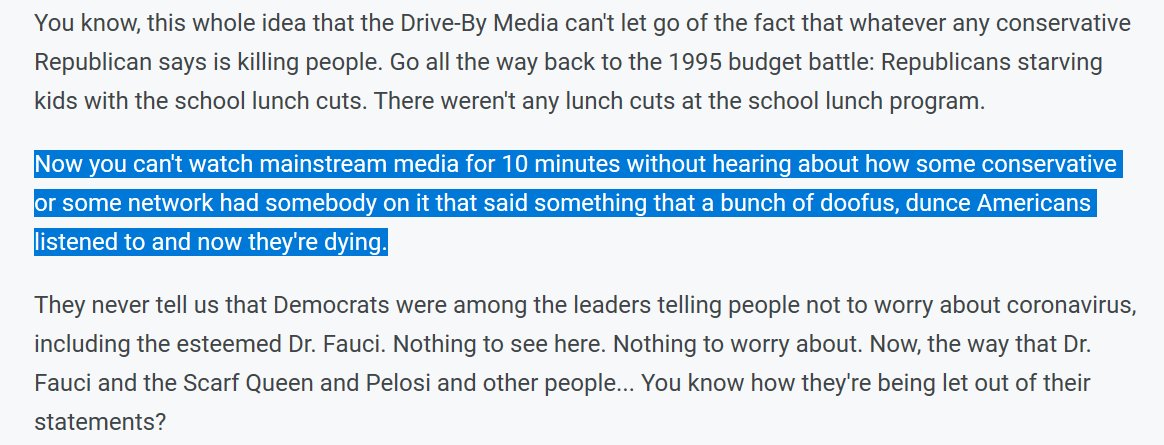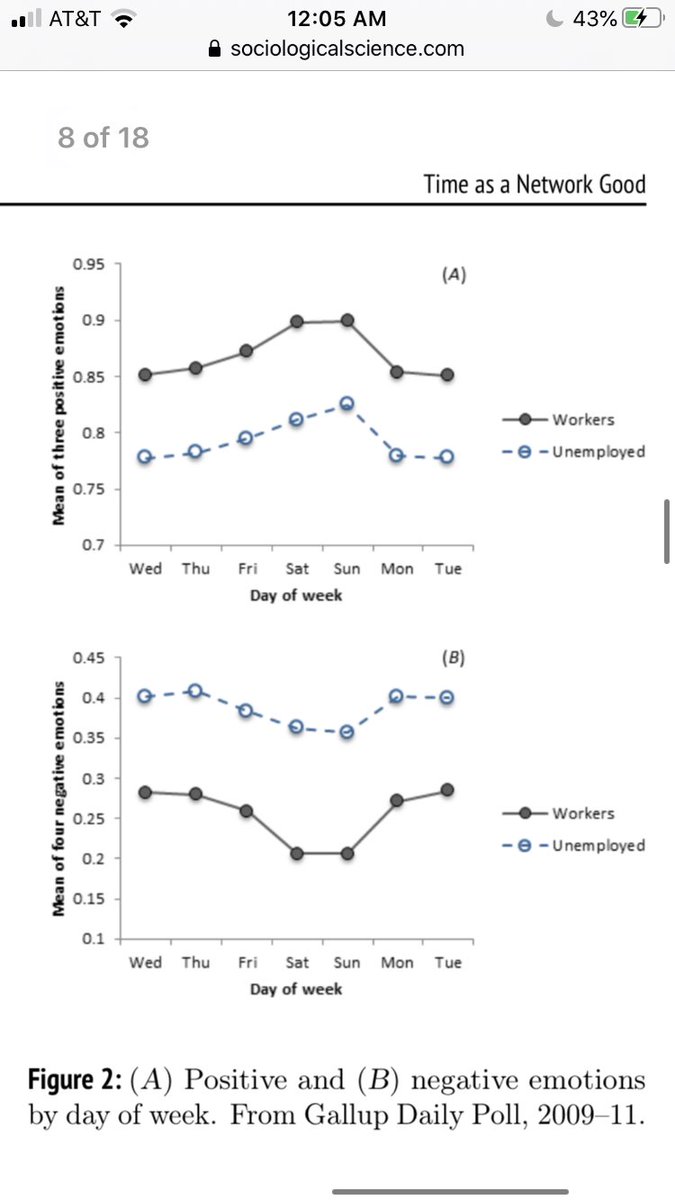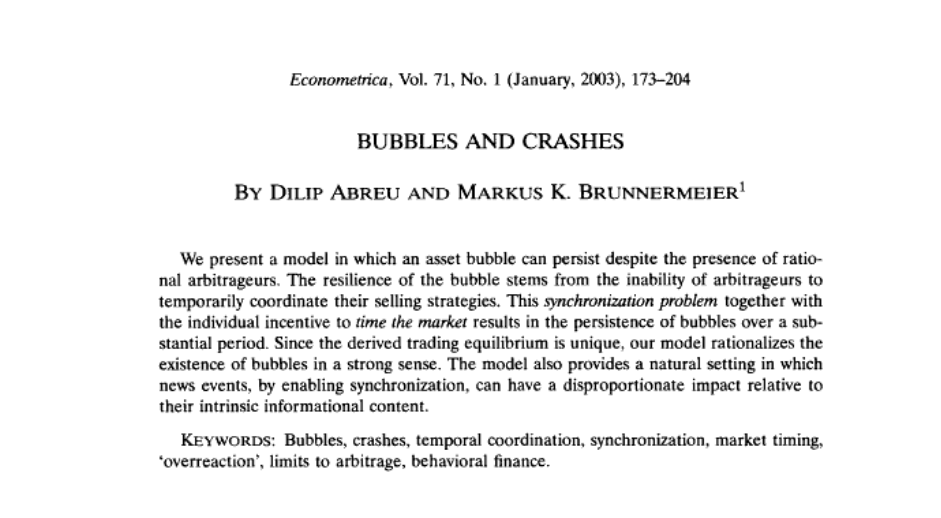
Here's a quick sociological take on why it's an understandable mistake for well-meaning people to be uncomfortable with "Jew," & why this is not inconsistent with the idea that one should not call someone "Black"
<THREAD>
<THREAD>
https://twitter.com/ewzucker/status/1326544830273445897
Race is ultimately an act of social violence, a caste system foisted on people in order to dominate those at the bottom. @Isabelwilkerson's essay (haven't read the book yet, alas) captures this as well as anything I've read by sociologists & others:
nytimes.com/2020/07/01/mag…
nytimes.com/2020/07/01/mag…
One of the many challenges the legacy of our racial caste system raises is: How to eliminate the stigma?
One idea is to eliminate race entirely.
But not only is that infeasible in the short term, it's undesirable for various reasons. In particular, the identity is+
One idea is to eliminate race entirely.
But not only is that infeasible in the short term, it's undesirable for various reasons. In particular, the identity is+
rightfully a source of *pride* due to the inspiring history of fighting for liberation and the tremendous cultural achievements.
So how to retain the identity but remove the stigma?
There seem to be three discernible strategies, used in some combination:
So how to retain the identity but remove the stigma?
There seem to be three discernible strategies, used in some combination:
a) Promoting new labels of *one's own creation* (e.g., Jesse Jackson creating "African American")
b) Adopting a label that emphasizes members' *humanity* ("e.g., Black person" "enslaved person")
c) By appropriating & *taking control* of the stigmatized label (e.g., hip hop)
b) Adopting a label that emphasizes members' *humanity* ("e.g., Black person" "enslaved person")
c) By appropriating & *taking control* of the stigmatized label (e.g., hip hop)
I'm aware that each of these strategies has its critics & that there are tensions between them. The point here is that they are each very logical responses to a very difficult problem.
Ok, now let's turn to Jewish identity.
I hope you can quickly begin to see the differences.
Ok, now let's turn to Jewish identity.
I hope you can quickly begin to see the differences.
The key thing is that while Jewish identity was stigmatized in Western society (& even racialized by the Nazis, though the Nazi logic of race had some important differences from the American racial caste system) Jewish identity was *not foisted upon Jews*
The Jewish narrative is that all kinds of nations and religions have had problems with us over the years, but that had no bearing on *who we are.* We were Jews before there were Romans and Christians and Muslims, and we're Jews today.
Putting aside the history here (note: the book of Esther can be read as about the forging of a pan-tribal Jewish identity in response to anti-Semitism that sounds eerily contemporary), this is the narrative that underlies the contemporary Jewish self-construal the world over.
So basically, "Jewish person" is a misapplication of a solution (solution b above) to a problem that Jews don't see themselves as having. It's true that in many non-Jewish circles, the term "Jew" has long had negative (as well as positive, as does Blackness) connotations.
But Jews just see this as a problem that such people should get over. Our identity was forged prior to & independent of any stigmatizing by latecomer cultures/religions. We've always controlled our identity (often managing it poorly). We don't need your help in fixing it.
@threadreaderapp unroll
• • •
Missing some Tweet in this thread? You can try to
force a refresh












